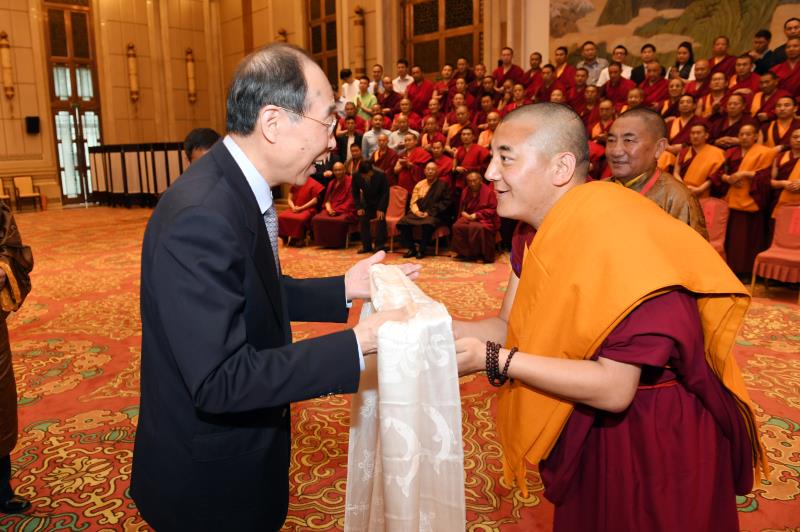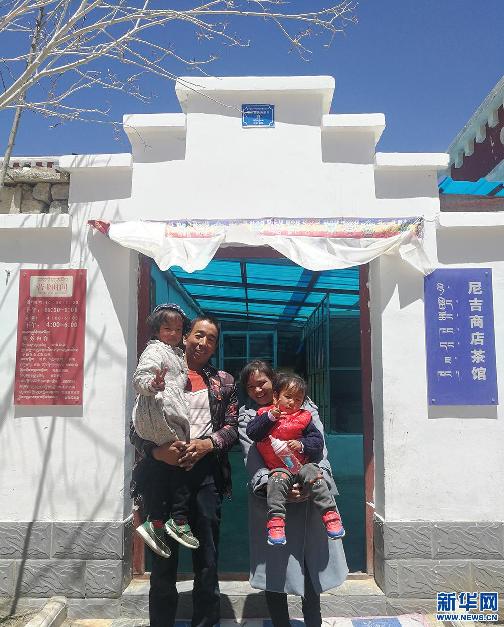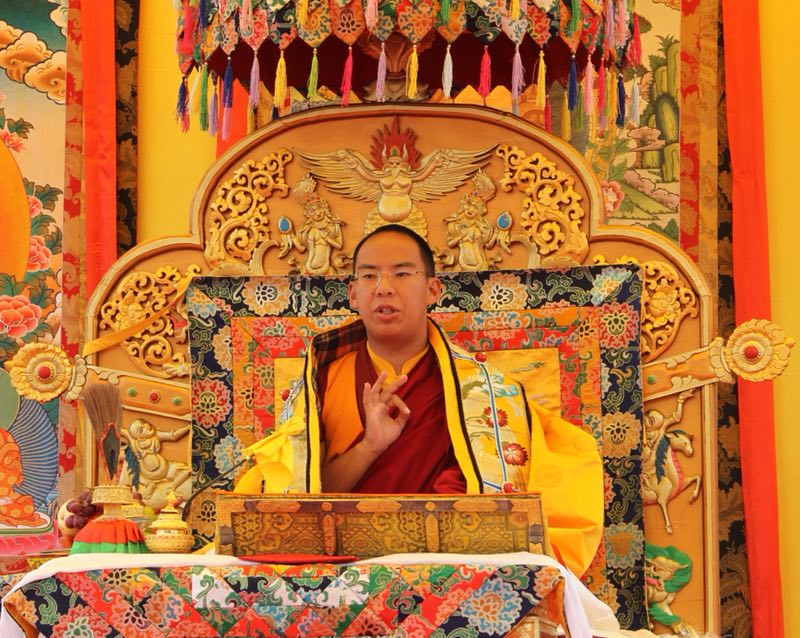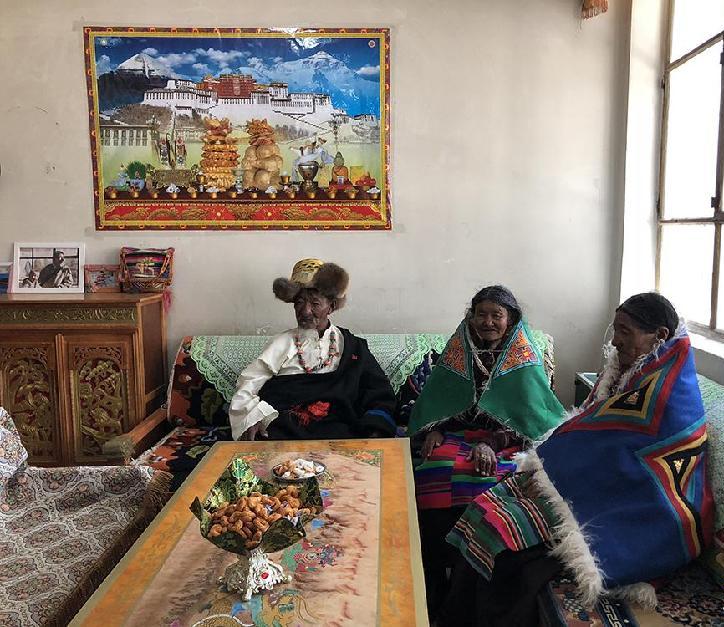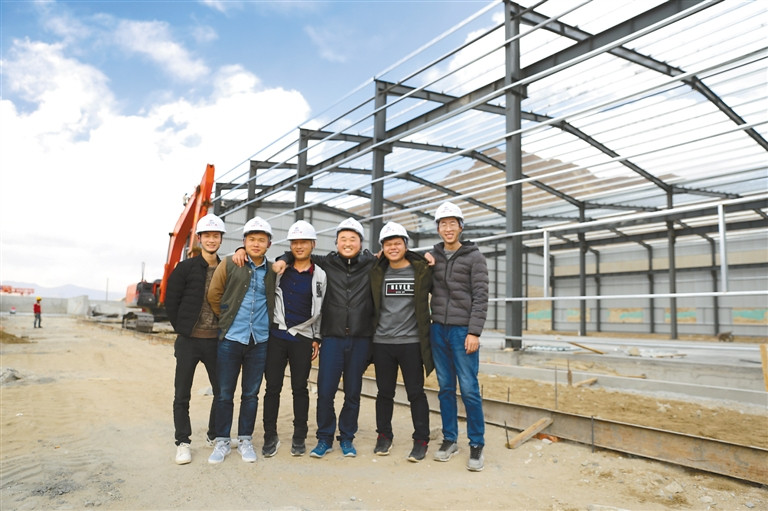10th anniversary of Wenchuan Earthquake
When the 2008 "May 12" earthquake struck, I was teaching graduate students in a classroom in Beijing.
A schoolfellow from Inner Mongolia called me and said, "your hometown Wenchuan just had an earthquake!"
After class, I discovered that all contact with my hometown had become cut off. I felt very anxious for my mother and three younger brothers who were still there, but I could only get any information on what had happened to my hometown through the media coverage.
The sudden earthquake caused an unprecedented disaster in Wenchuan: basic infrastructure was seriously damaged, and the highway that had just recently been completed from Dujiangyan to Wenchuan was nearly toppled. 80 percent of houses in the county needed to be rebuilt and most rural houses collapsed, but the rural people were not even well off enough to rebuild. What would happen to those who survived, what could they do? How could we build a better and stronger Wenchuan after such a disaster? These were the issues that most concerned the people of Wenchuan.
One month after the earthquake, I was appointed to a specialist group by the Ministry of Culture (now known as Ministry of Culture and Tourism), and I had the opportunity to visit my hometown after the disaster. As we were unable to enter Wenchuan due to the severe road damage, we were only able to examine the situations in Dujiangyan, Mianzhu, and Beichuan. The miserable situation in the county town of Beichuan was very painful to see. Wenchuan seemed to be luckier, however, both urban and rural areas suffered unprecedented losses. It was not until Spring Festival in 2009 that I was able to meet some of my relatives who had relocated to Chengdu, and to learn from them that some of my classmates and acquaintances had been killed in the earthquake.
The destruction brought about by the earthquake exceeded people's imaginings. A close uncle of mine was missing after the earthquake. His family and friends searched through all the rescue hospitals and bodies of victims, but they couldn't find him. Finally, it was determined through DNA identification that he had been killed, but they could not recognize him in any of the corpses they had repeatedly searched. In the face of such huge natural disasters, human beings are too small and fragile. One of my high school classmates and his wife were buried along with their house in a landslide. Their child was orphaned instantly. Another classmate was buried in a road tunnel along with his car. Although several highway tunnels did not collapse, and many of them even became safe havens for cars and passengers traveling on the rugged mountain roads, this particular tunnel that my classmate had been traveling through became blocked on both ends, turning into a passageway of death. The visit to Beichuan County after the earthquake is a particularly profound memory that I will never forget.
The mountains and rivers were crushed, and a thousand things needed to be done to rebuild. In Dujiangyan City, signs of the disaster were being erased by active relief efforts. In addition to newly built shacks on the outskirts of town, workers had cleared and leveled the rubble. The firecrackers and fireworks from Spring Festival had been ardent, but they had seemed as a special commemoration to the dead, not as the festive atmosphere of a festival. Much of the marketplace was deserted, but some hawkers were still tenaciously did business. They said they must continue to live with dignity.
The old town of Yingxiu was totally ruined and was being guarded by armed police. Ruins of the earthquake remain clear in my mind: a wreath placed by then-Premier Wen Jiabao in front of a collapsed classroom building at Xuankou Middle School from a commemoration event during Spring Festival; the dew on yellow and white chrysanthemums like people's tears. From time to time, someone came here to mourn, and it became an altar to the earthquake in Yingxiu.
Almost every household in the hard-hit areas had a family member or friend killed or injured. After the earthquake people were busy with self-rescue and reconstruction efforts. Days were better than nights, when people were forced to face reality, the nightmare caused by the disaster was still lingering. Post-traumatic stress disorders might last for six months, a year, or even longer. Allowing time to heal the wounds of the soul may be a long and difficult process, just like restoring the damaged natural environment.
Your Comment
Name E-mailRelated News
-
-
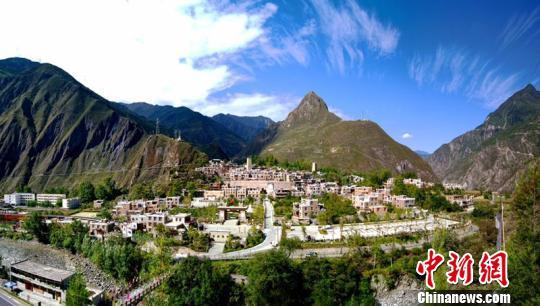
-
Rebirth of ancient Tibetan village 10 years after Wenchuan quake
It has been 10 years since the May 12 Wenchuan Earthquake in 2008.
-


